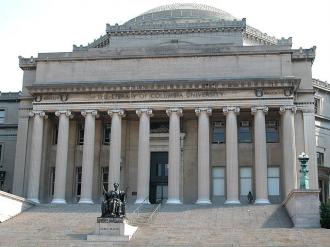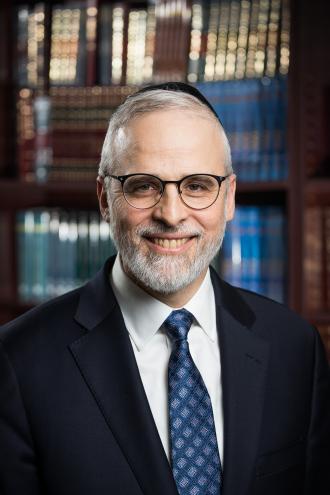In recent weeks, there has been a struggle in Jerusalem over the closure of educational institutions in certain streams, usually religious ones, in favor of the establishment of educational institutions for chareidim. A special document of understandings revealed by Yaron Avraham and Yair Sherki on Channel 2 News reveals how Mayor Nir Barkat divided the neighborhoods according to a demographic analysis that was based on the religious worldview of the residents.
Council members and other elements in the city have often claimed that an agreement exists between Barkat and the chareidi representatives, regulating the distribution of educational institutions in the city, an agreement that they claim is hurting religious-Zionist residents for the benefit of chareidi residents.
It should be noted that both sides denied that such understandings existed.
It is now known that the understandings between the mayor and the chareidim council members not only exist, but also describe the different needs in the mixed neighborhoods in the city. According to an analysis of future demographic trends, it determines the nature of the educational institution to be built in each neighborhood.
The neighborhoods included in the agreement are N’vei Yaakov, Pisgat Ze’ev, Ramot, French Hill, Ramat Eshkol, Kiryat Moshe, Givat Mordechai, Bayit Vegan, Kiryat Yovel and Gilo. According to the report, Barkat does not intend to bring the document to the city council for approval, which is causing great unrest among its members.
So what educational institutions will be built in which neighborhood? In N’vei Yaakov, for example, where we reported in recent weeks about the struggle taking place in the neighborhood, chareidi education will receive significant reinforcement. In contrast, Pisgat Ze’ev secular education is the one that is supposed to receive an upgrade when the neighborhood is planned to be established, among other things, a technological innovation center. Chareidi students in the neighborhood will move to N’vei Yaakov.
Even in the French Hill neighborhood secular education will be strengthened when the structure of one school goes into the hands of state education. The students in the chareidi neighborhood will study in the nearby neighborhood of Ramat Eshkol, where they will be able to study in a large area of 14 dunams. The secular sector in the neighborhood will not be discriminated against, and for this purpose an educational campus will be built on an area of 8.5 dunams.
In Givat Mordechai, community centers, dormitories and kindergartens are planned for the benefit of the non-religious public, while the religious public will also expand the school in 12 additional classrooms, and two kindergarten classes will be added. 150 school classes and 35 kindergarten classes, and a community center will be established to serve the chareidi community in Kiryat Yovel.
Kiryat HaYovel itself will be given an area for the secular public, the housing system will be expanded by 450 new apartments and the IDF colleges will be moved to the neighborhood, and two schools will also be expanded and the two existing schools will also be expanded in about 30 classrooms. In the chareidi community, 13 kindergarten classes will be relocated, which are currently rented out to permanent buildings and another 7-9 new kindergartens will be built.
In the Ramot neighborhood, the general public will receive areas, buildings and budgets to strengthen social activity, the country’s neighborhood will be thickened with new compounds, and existing educational institutions will be strengthened. For the national religious public, the Bnei Akiva Ulpan will be transferred to ORT. Chareidi education will expand two schools in 32 new classrooms, add three kindergarten classes and build special education kindergartens.
The religious state school in the Kiryat Moshe neighborhood will be relocated to the Kiryat Yovel neighborhood. In the Gilo neighborhood, education for the general sector will be strengthened, with the exception of Gilo A, and the chareidi education system will be upgraded in the form of replacing rented kindergarten classrooms with permanent buildings and establishing one additional class.















